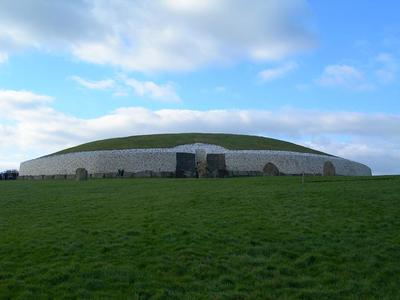I've always found fascinating the relationship between Odin, Thor and Tyr (whom I like to call the central gods of war or ruling Aesir) and heathen culture.
At first, Tyr was most popular as the sky father, representing morality, order and law. I think heathen culture at first was an Indo-European culture most valuing structure and traditional ethics. He later lost popularity to Odin, as the culture more valued magic and Thor as it more valued bravery and brute strength.
Today, as Thor was most popular for most of historical Germanic paganism, you'd think Thor would still be most honored. I've noticed most heathens today seem to prefer Odin, maybe implying at times that Thor is overrated.
I think the apparent focus on Odin today in Euro-American paganism has to do with our culture. Thor's a warrior and Odin's the inventor of all arts. Our culture isn't one that gives most honor to warriors, but to artists, making pop idols. Maybe Odin's simply more present in our communities, giving us art, intellect, knowledge and philosophy and Thor isn't because he isn't interested in arts, naturally.
At first, Tyr was most popular as the sky father, representing morality, order and law. I think heathen culture at first was an Indo-European culture most valuing structure and traditional ethics. He later lost popularity to Odin, as the culture more valued magic and Thor as it more valued bravery and brute strength.
Today, as Thor was most popular for most of historical Germanic paganism, you'd think Thor would still be most honored. I've noticed most heathens today seem to prefer Odin, maybe implying at times that Thor is overrated.
I think the apparent focus on Odin today in Euro-American paganism has to do with our culture. Thor's a warrior and Odin's the inventor of all arts. Our culture isn't one that gives most honor to warriors, but to artists, making pop idols. Maybe Odin's simply more present in our communities, giving us art, intellect, knowledge and philosophy and Thor isn't because he isn't interested in arts, naturally.

